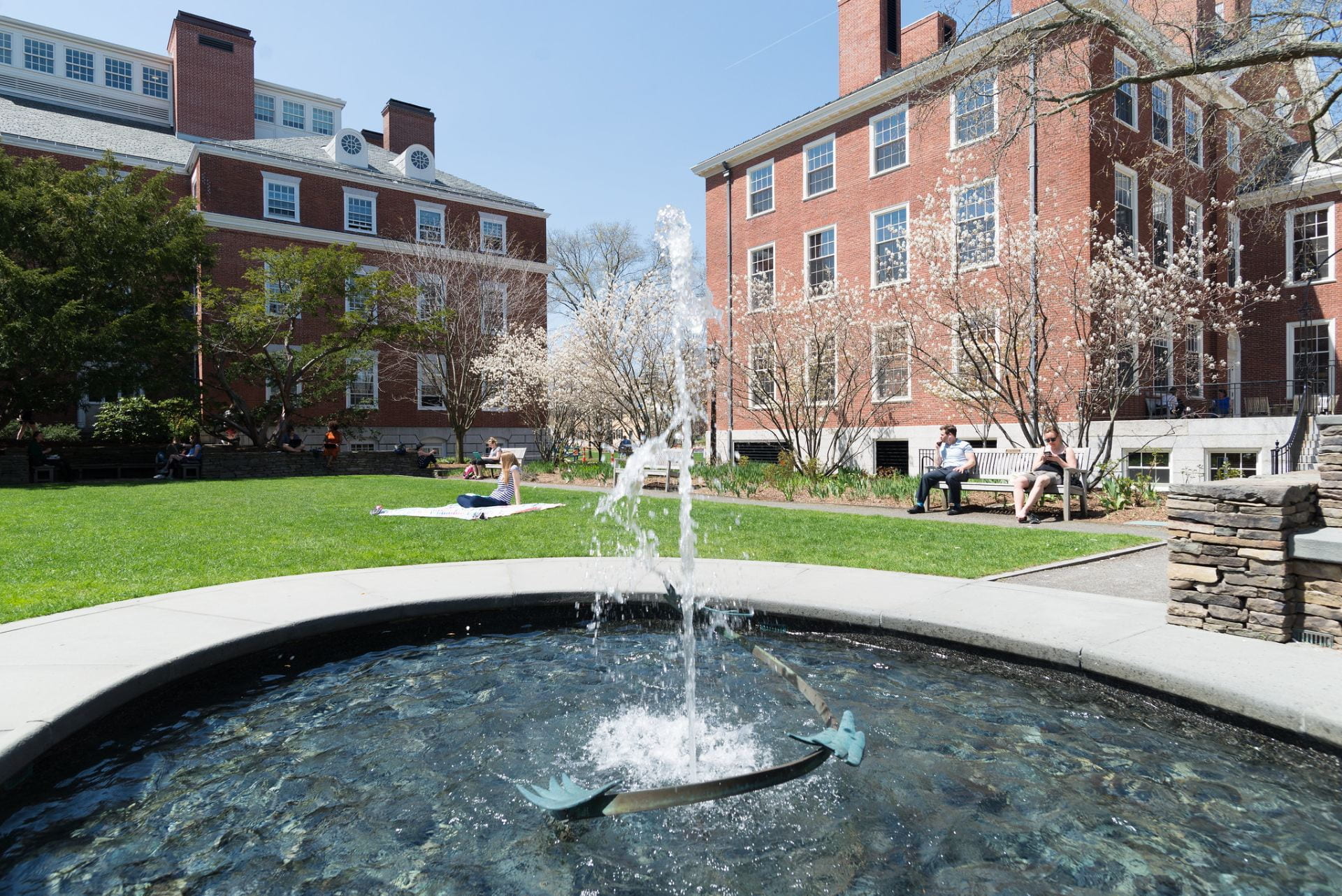
Skin Ecologies Network
A transdisciplinary network examining ecologies of skins
About
The Skin Ecologies Network was launched with the generous support of the Harvard Radcliffe Institute in June 2023. Initiated by Janina Wellmann (Max Planck Institute for the History of Science, RI ’18) and Lisa Haushofer (University of Amsterdam), Skin Ecologies interrogates skins as simultaneously natural and cultural ecosystems. It combines recent scientific insights into the skin microbiome with historical, anthropological, art historical, and artistic investigations. The network brings together a transdisciplinary range of scholars from the natural sciences, medicine, humanities, and the arts. Together, we study skins as ecological formations and propose new understandings of one of nature’s most perplexing organs. We work collaboratively as a team and independently in our specific fields with their respective disciplinary approaches in order to articulate and reflect communalities and incommensurabilities and develop new research paths. In so doing, we challenge long-established conceptions of human life in an anthropo-centric world.
Past Events
The Radcliffe Exploratory Seminar on Ecologies of Skins was the inaugural meeting of the network and took place on the Radcliffe Campus on June 8–9, 2023 with generous funding from the Harvard Radcliffe Institute and assistance from the Radcliffe events team. The workshop was planned and hosted by Lisa Haushofer and Janina Wellmann, who took the initiative and inspiration for the project from the work of New Zealand microbiologist Mary J. Marples, notably her 1965 book The Ecology of the Human Skin. Over the course of two days, participants of the workshop explored skin ecologies from multiple disciplinary perspectives and coalesced their expertise around a number of themes.
First, the workshop examined ecologies, pointing to the relationship between human and non-human beings as well as to the relationship between organisms and their surroundings, including natural and cultural environments. Significantly broadening the focus from human to animals skins, the workshop also abandoned the predominant scientific focus on “the skin” as a fixed, singular entity, and instead restated skins in the plural. Skins are involved actively in their own making and remaking, according to changing environments, and with considerable variability within and across species. Third, the workshop examined the various habitats that shape and are shaped by skins and the technologies and artifices that bring about the knowledge of such ecologies.
A further emerging theme was skins’ manifold materialities – the epidermis, hides, crusts, barks, shells, membranes, or even the exoskeleton—and the cultural practices that evolved around skins throughout history, from preservation to various crafts to contemporary attempts at creating technologically enhanced skins and fusing living and non-living coverings. We also examined ecologies of skins as simultaneously entangled archives of time and timeless dynamic objects. Skins age, wear, and tear, they are shed and bring to life entirely new forms of organisms. They are lifelong companions and yet replaced regularly, leaving next to no material traces. From short-lived microorganisms to cells, evolved skin ecologies organize multiple timescales. Finally, the workshop shed light on the affective ecologies evolving around skins and complex notions of normativity, harm, symbiosis, individuality, and culture.
Participants of the workshop included Giovanni Aloi, Karly Etz, Irina Hron, Nina Jablonski, Tamar Novick, Desmond Ramirez, Achyuthan Srikantan, A. Delphine Tripp, and Cristina Visperas. You can learn more about their research and projects on the Participants Page.
In the future, you will find information about planned workshops, lectures, and individual projects on this website.
Network Coordinators
Janina Wellmann, Max Planck Institute for the History of Science, Radcliffe Fellow 2017-2018
Lisa Haushofer, University of Amsterdam, Radcliffe Graduate Fellow 2017-2018